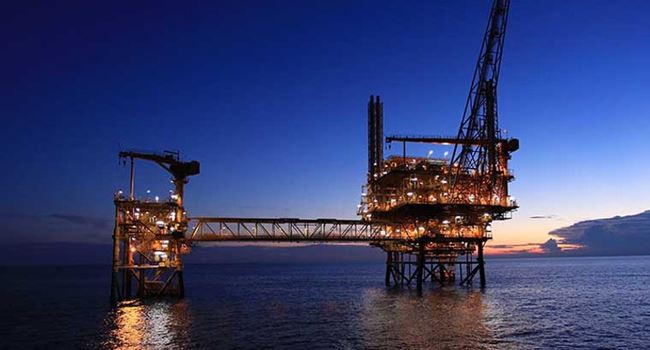Business
Oil prices dip as coronavirus cases surge dims prospect; Bonny Light gains $0.13

Oil prices slipped on Monday, helped by soaring Covid-19 infections, which weakened the possibility of seamless fuel demand recovery, with crude set for its first monthly drop in many months following a decline last week.
Brent crude was down by 8 cents or 0.2% at $41.84 per barrel by 01.03 West Africa Time after dropping 2.9% last week. U.S. West Texas Intermediate (WTI) traded down by 13 cents or 0.3% at $40.12 a barrel, having shed 2.1% in the week that just went by.
Qua Iboe, a major Nigerian grade, fell by 0.70% to $41.06 at 12:12 West Africa Time. At the last session on Friday, Bonny Light, Nigeria’s banner oil grade, was 13 cents of 0.32% stronger at $40.91.
Read also: Oil set for weekly fall amidst coronavirus rise fear; Bonny Light sheds $0.68
Brent is heading for its first drop in six months while WTI is approaching its first since April as re-imposed movement restrictions in many countries after new coronavirus cases weaken fuel demand recovery prospect.
“New COVID-19 case numbers are accelerating in major U.S. states, renewing fears of mobility restrictions challenging the ongoing oil demand recovery in the last quarter,” said analysts at ANZ in a note.
Regardless of the move by the Organisation of the Petroleum Exporting Countries (OPEC) and its allies to rein in output, bigger oil volumes is being exported by Libya and Iran.
Mohammad Barkindo, OPEC’s Secretary, on Sunday said commercial oil stocks in OECD nations are seen to climb only modestly beyond the five-year average January through March next year before tumbling past that point for the remainder of 2021.
In Norway, one of the major producers outside OPEC, a labour strike which could begin on 30th September might reduce output by 900,000 barrels per day, said the Norwegian Oil and Gas Association on Friday.
Over the weekend, a conflict flared between Azerbaijan and Armenia, reigniting fears about stability in the South Caucasus, a corridor for pipelines conveying oil and gas to world markets.
Join the conversation
Support Ripples Nigeria, hold up solutions journalism
Balanced, fearless journalism driven by data comes at huge financial costs.
As a media platform, we hold leadership accountable and will not trade the right to press freedom and free speech for a piece of cake.
If you like what we do, and are ready to uphold solutions journalism, kindly donate to the Ripples Nigeria cause.
Your support would help to ensure that citizens and institutions continue to have free access to credible and reliable information for societal development.






















